Politics
Presidency Replies EU, UK And US On CJN’s Suspension (Full Statement)

The Nigerian presidency, in a statement made available to lagoslately has replied the European Union, US and UK on the recent suspension of the Chief Justice of Nigeria, Walter Nkanu Onnoghen.
Read the Full Statement, signed by Garba Shehu, below;
“The Presidency notes with interest the coordinated statements of the US, UK and EU linking the suspension of CJN Onnoghen to the conduct of the upcoming elections. We appreciate the concerns voiced by the three statements and accept that the authors of the statements believe they were acting in friendship toward Nigeria with regard to making the statements.
However, we also note that friends, when not properly informed or acting in haste, can indeed make serious mistakes even with the best of intentions. Such is the case here.
The statements by the three seem more driven by unfounded assumptions and to be honest, a certain condescension to this African democracy. This is unfortunate. But this gives us an opportunity to clarify some points in the hope that these three friends reach a deeper understanding of the situation.
The statements by the US, UK and EU speak of their respect for constitutional practice and fair elections. However, the positions they stake tend to contravene rather than strengthen these laudable objectives.
CJN Onnoghen’s situation is one of his own making and, to a large degree, his own choosing.
The CJN was brought before the CCT because of a serious breach of law regarding his assets declaration. This is not a mere technicality like innocently placing a document in a wrong file or mistakenly placing yesterday’s date on a document.
All credible evidence indicates the CJN owned and operated several secret bank accounts. Unexplained large sums of money, exceeding several million dollars have passed through these accounts. Several thousand dollars are currently parked in the accounts. Multiple deposits of equal sums of money were deposited in some of those accounts during the same day. Such rapid and equal deposits are indicative of a person attempting to evade banking reporting laws and regulations.
Thus far, CJN Onnoghen has given no plausible explanation for the funds or for failing to report the subject accounts in his assets declaration despite having ample time and opportunity to explain the omission. Given the amount of money involved and the CJN’s inability to explain the source of the funds, the most plausible explanation at this point is also the most unfortunate explanation. No one did this to CJN Onnoghen. He and he alone is to blame for this turn of events.
Over the years and with great frequency, the authors of the three statements have advised and even chided Nigeria about official corruption. Now we are presented with the sad and unwanted situation where the CJN is discovered to have a vast, unexplained amount of money in his pocket.
Because of this he has been thoroughly discredited. It is untenable that a person in such compromised circumstances would be allowed to preside over the entire judicial system of a great nation. That would travesty the nation and what it stands for.
Had the situation been reversed and the US, UK or any EU member government found that its chief judicial official is the recipient of large sums of money of questionable origin and Nigeria suggested that you retain the person in that position, you would question Nigeria’s bona fides. You also would swiftly move to suspend the official pending final determination of the causes against him.
Not one of your nations would allow a person enmeshed in legal uncertainty to preside over your legal systems until the cloud has been cleared from him. That would incentivize corruption and assault the rule of law.
Thus, the CJN should have and could have helped the process in this regard by recusing himself from the bench until this matter is settled.
Instead, he indefinitely postponed a NJC meeting for no plausible reason except to avoid any consideration of this matter by the NJC.
Again, this calls into question his motives while undermining the normal operations of the judiciary. The CJN cannot be allowed to use his office to shield himself from the normal operation of the law as applied to any other jurist or any other Nigerian for that matter. Such a ruse is effectively an abuse of office. His position is one of utmost public trust; it is not a shield to protect him from the fair consequence of his own actions.
Despite these errors and omissions by the CJN, let us make this very clear, he has not been removed from office. Nor has he been permanently replaced. Those who claim that he has been permanently removed, do so out of imprecision of thought or mischief.
CJN Onnoghen has been suspended pending the final determination of the substantive issues in his matter. The suspension is only temporary. This is only as it should be. He cannot sit as both defendant and umpire in his own matter. No legal system allows for such self-interested adjudication; the US, UK and EU should not now ask us to embrace such an anomaly.
While the three friends seem to give much credence to those who question the constitutionality of the suspension, they seem to give less to those who believe what we did is constitutional and protective of the integrity of the judiciary. Only the three can answer why they have assumed this bias.
Last, the three make a curious direct linkage between the CJN suspension and the elections. However, in Nigerian law there is no such linkage. The CJN does not run the election. Nor is he the first arbiter of any electoral complaints. He and the Supreme Court will only get involved as the final arbiter at the end of the appellate process.
For the authors to link the CJN to the elections in this way is illogical unless they assume that election complaints will be filed and will go all the way to the Supreme Court. Here perhaps they know something about the intentions of certain political actors to which we are not privy.
Yet, even with that, the US , UK and EU should want any such matters to be heard by a Supreme Court led by a CJN without an obvious and outstanding ethical and legal blemish on his ledger. To have such a person preside over any case, would call into question the impartiality of any decision rendered and undermine the rule of law.
This cannot be what these three friends of Nigeria intended. Thus, they should do a bit more research on this matter and refrain from being too hastily attracted by the arguments of those who have partisan agenda at odds with the government’s positions on most matters and who thus hope to use this issue as a new arrow in their quiver of partisan contestations.”The Nigerian presidency, in a statement sent to PoliticsNGR, has replied the European Union, US and UK on the recent suspension of the Chief Justice of Nigeria, Walter Nkanu Onnoghen.
Read the Full Statement, signed by Garba Shehu, below;
“The Presidency notes with interest the coordinated statements of the US, UK and EU linking the suspension of CJN Onnoghen to the conduct of the upcoming elections. We appreciate the concerns voiced by the three statements and accept that the authors of the statements believe they were acting in friendship toward Nigeria with regard to making the statements.
However, we also note that friends, when not properly informed or acting in haste, can indeed make serious mistakes even with the best of intentions. Such is the case here.
The statements by the three seem more driven by unfounded assumptions and to be honest, a certain condescension to this African democracy. This is unfortunate. But this gives us an opportunity to clarify some points in the hope that these three friends reach a deeper understanding of the situation.
The statements by the US, UK and EU speak of their respect for constitutional practice and fair elections. However, the positions they stake tend to contravene rather than strengthen these laudable objectives.
CJN Onnoghen’s situation is one of his own making and, to a large degree, his own choosing.
The CJN was brought before the CCT because of a serious breach of law regarding his assets declaration. This is not a mere technicality like innocently placing a document in a wrong file or mistakenly placing yesterday’s date on a document.
All credible evidence indicates the CJN owned and operated several secret bank accounts. Unexplained large sums of money, exceeding several million dollars have passed through these accounts. Several thousand dollars are currently parked in the accounts. Multiple deposits of equal sums of money were deposited in some of those accounts during the same day. Such rapid and equal deposits are indicative of a person attempting to evade banking reporting laws and regulations.
Thus far, CJN Onnoghen has given no plausible explanation for the funds or for failing to report the subject accounts in his assets declaration despite having ample time and opportunity to explain the omission. Given the amount of money involved and the CJN’s inability to explain the source of the funds, the most plausible explanation at this point is also the most unfortunate explanation. No one did this to CJN Onnoghen. He and he alone is to blame for this turn of events.
Over the years and with great frequency, the authors of the three statements have advised and even chided Nigeria about official corruption. Now we are presented with the sad and unwanted situation where the CJN is discovered to have a vast, unexplained amount of money in his pocket.
Because of this he has been thoroughly discredited. It is untenable that a person in such compromised circumstances would be allowed to preside over the entire judicial system of a great nation. That would travesty the nation and what it stands for.
Had the situation been reversed and the US, UK or any EU member government found that its chief judicial official is the recipient of large sums of money of questionable origin and Nigeria suggested that you retain the person in that position, you would question Nigeria’s bona fides. You also would swiftly move to suspend the official pending final determination of the causes against him.
Not one of your nations would allow a person enmeshed in legal uncertainty to preside over your legal systems until the cloud has been cleared from him. That would incentivize corruption and assault the rule of law.
Thus, the CJN should have and could have helped the process in this regard by recusing himself from the bench until this matter is settled.
Instead, he indefinitely postponed a NJC meeting for no plausible reason except to avoid any consideration of this matter by the NJC.
Again, this calls into question his motives while undermining the normal operations of the judiciary. The CJN cannot be allowed to use his office to shield himself from the normal operation of the law as applied to any other jurist or any other Nigerian for that matter. Such a ruse is effectively an abuse of office. His position is one of utmost public trust; it is not a shield to protect him from the fair consequence of his own actions.
Despite these errors and omissions by the CJN, let us make this very clear, he has not been removed from office. Nor has he been permanently replaced. Those who claim that he has been permanently removed, do so out of imprecision of thought or mischief.
CJN Onnoghen has been suspended pending the final determination of the substantive issues in his matter. The suspension is only temporary. This is only as it should be. He cannot sit as both defendant and umpire in his own matter. No legal system allows for such self-interested adjudication; the US, UK and EU should not now ask us to embrace such an anomaly.
While the three friends seem to give much credence to those who question the constitutionality of the suspension, they seem to give less to those who believe what we did is constitutional and protective of the integrity of the judiciary. Only the three can answer why they have assumed this bias.
Last, the three make a curious direct linkage between the CJN suspension and the elections. However, in Nigerian law there is no such linkage. The CJN does not run the election. Nor is he the first arbiter of any electoral complaints. He and the Supreme Court will only get involved as the final arbiter at the end of the appellate process.
For the authors to link the CJN to the elections in this way is illogical unless they assume that election complaints will be filed and will go all the way to the Supreme Court. Here perhaps they know something about the intentions of certain political actors to which we are not privy.
Yet, even with that, the US , UK and EU should want any such matters to be heard by a Supreme Court led by a CJN without an obvious and outstanding ethical and legal blemish on his ledger. To have such a person preside over any case, would call into question the impartiality of any decision rendered and undermine the rule of law.
This cannot be what these three friends of Nigeria intended. Thus, they should do a bit more research on this matter and refrain from being too hastily attracted by the arguments of those who have partisan agenda at odds with the government’s positions on most matters and who thus hope to use this issue as a new arrow in their quiver of partisan contestations.”

News
Former Nigerian President Muhammadu Buhari Dies at 82
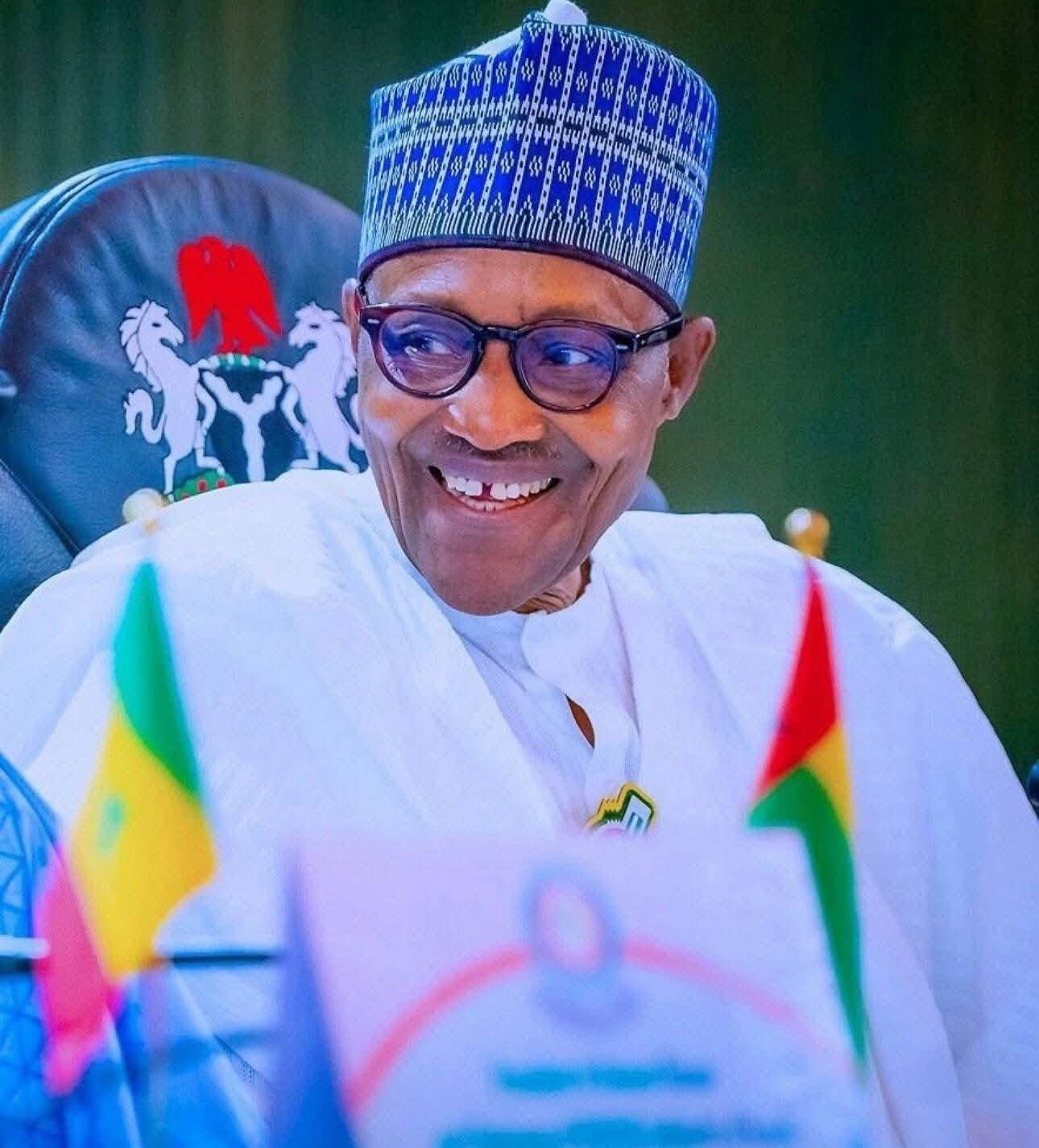
Nigeria is in mourning as news breaks of the passing of former President Muhammadu Buhari. The elder statesman reportedly passed away in the early hours of today at the age of 82.
Buhari, who served as Nigeria’s President from 2015 to 2023, was known for his anti-corruption stance, military background, and strong influence on Nigeria’s political landscape for over four decades. Before his civilian presidency, he also ruled as military head of state from 1983 to 1985.
Sources close to the family confirmed his peaceful passing at his Daura residence in Katsina State, surrounded by loved ones. Official statements from the presidency and his family are expected soon.
Tributes have started pouring in from across the nation and beyond, recognizing Buhari’s role in shaping Nigeria’s democratic journey and his dedication to national security and infrastructural development.
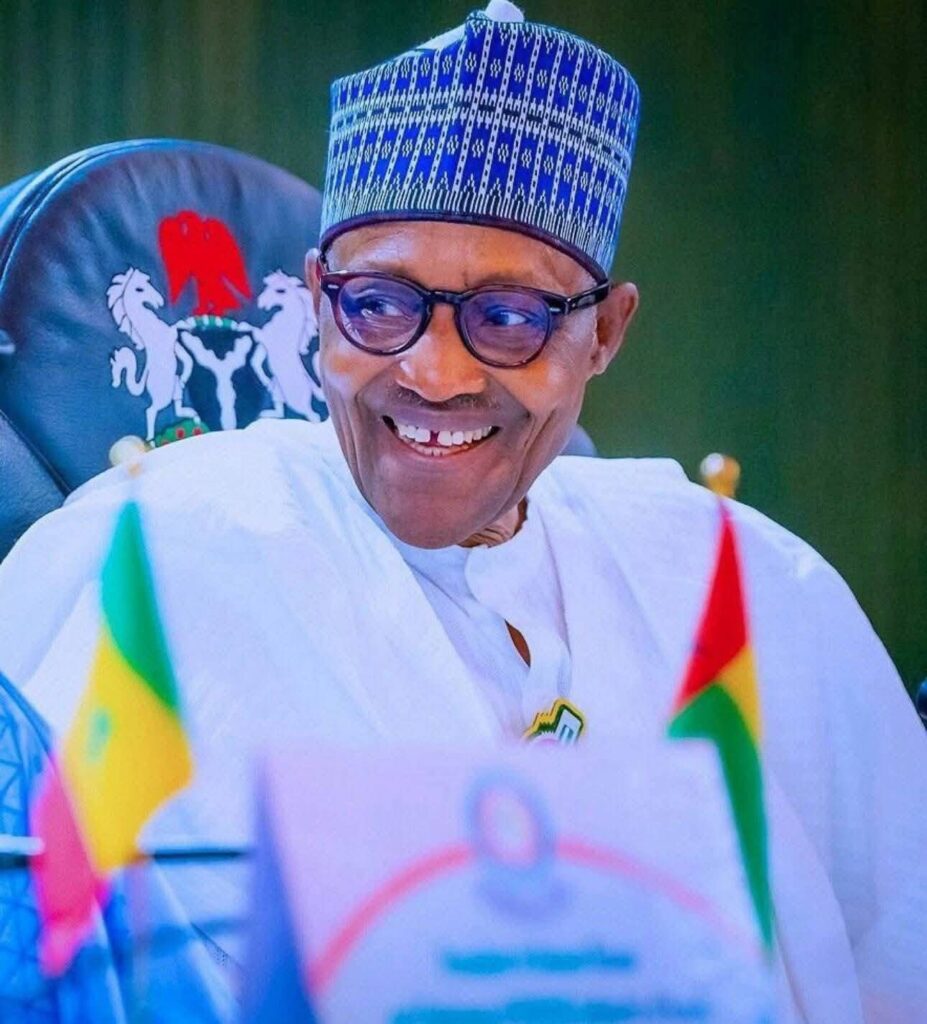
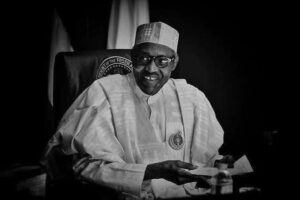
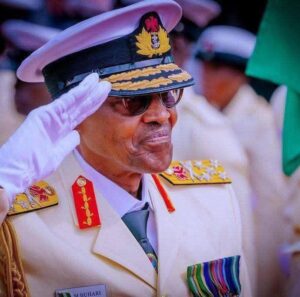
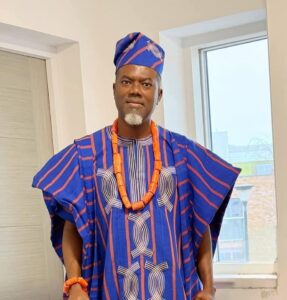
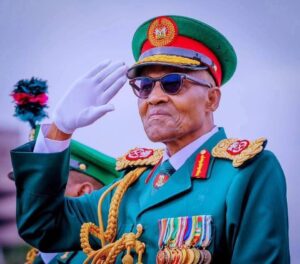
News
Akpabio Removes Natasha Akpoti as Chairman of The Senate Committee on Diaspora and NGOs
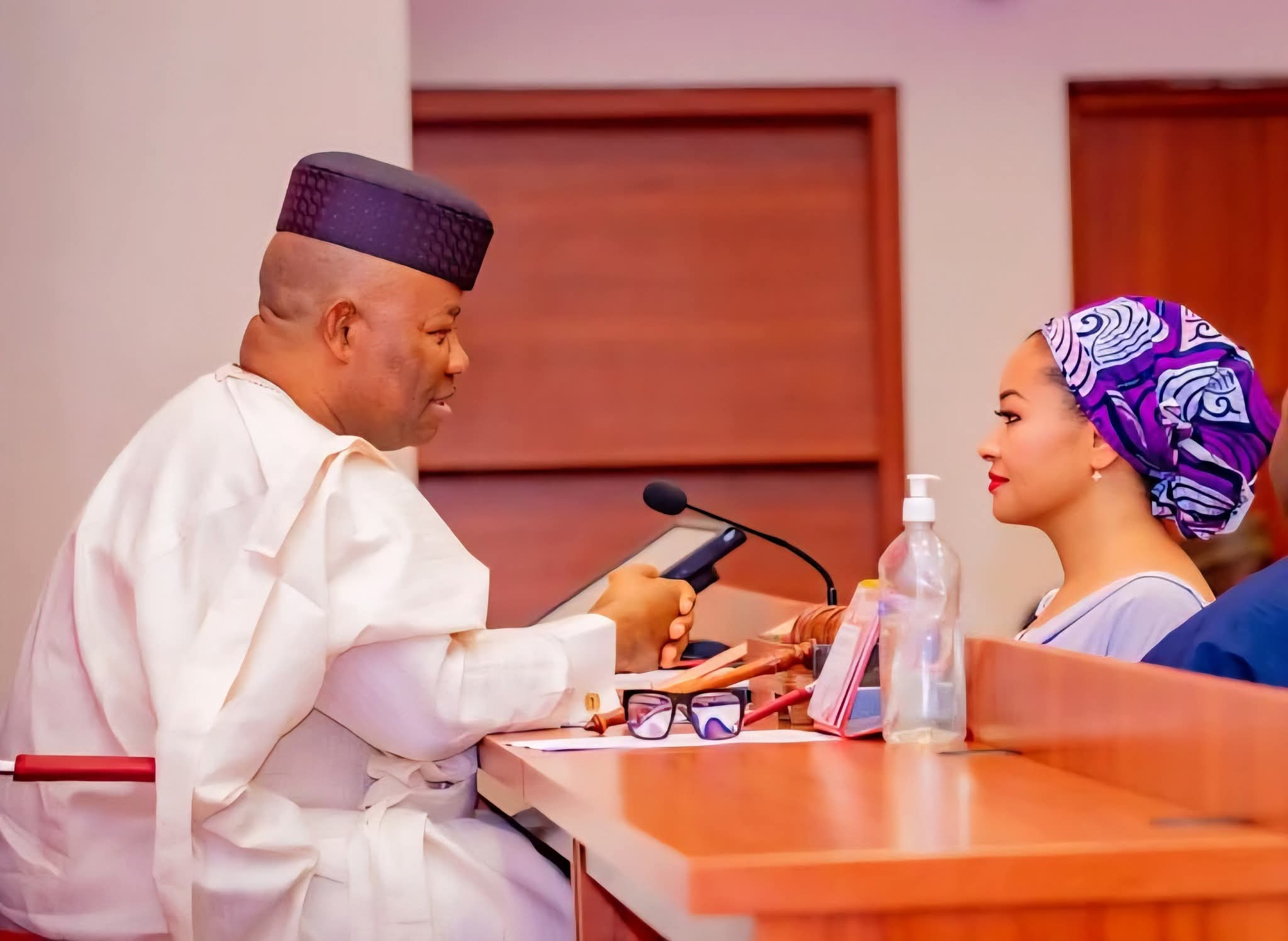
Senate President Godswill Akpabio has made a major change in the leadership of the Senate Committee on Diaspora and NGOs.
Senator Natasha Akpoti-Uduaghan has been removed as the Chair of the committee, and a new replacement has been named immediately.
Although no official explanation was given at the time of the announcement, the development has sparked conversations in political circles. Senator Natasha, known for her passion in representing diaspora-related matters, has not yet reacted publicly.
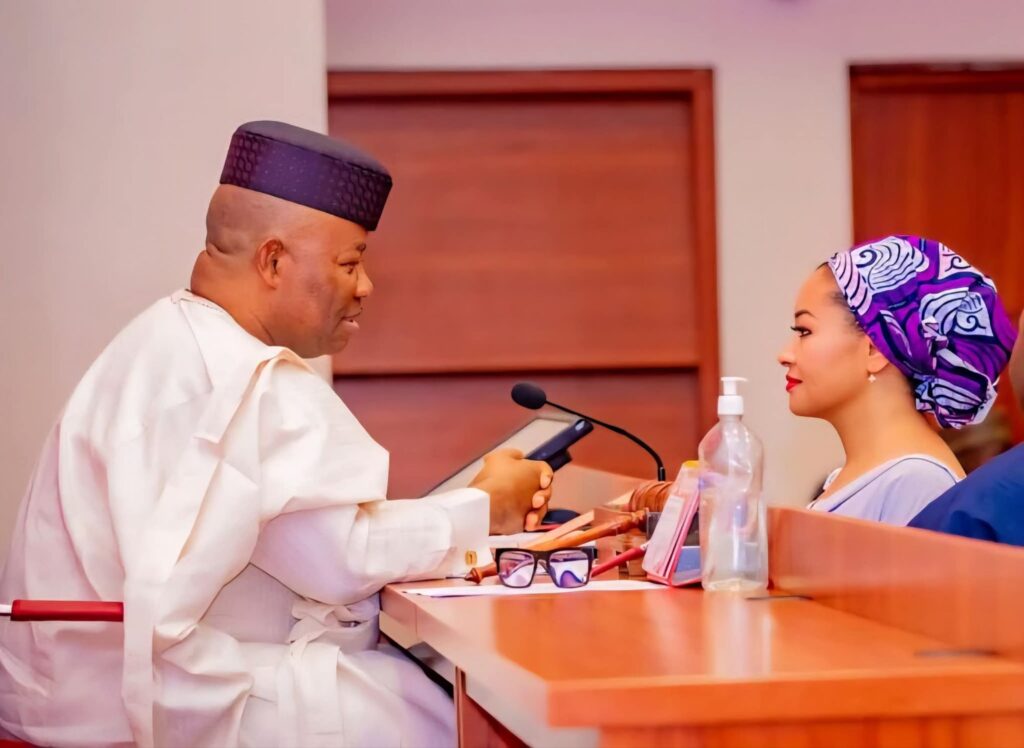
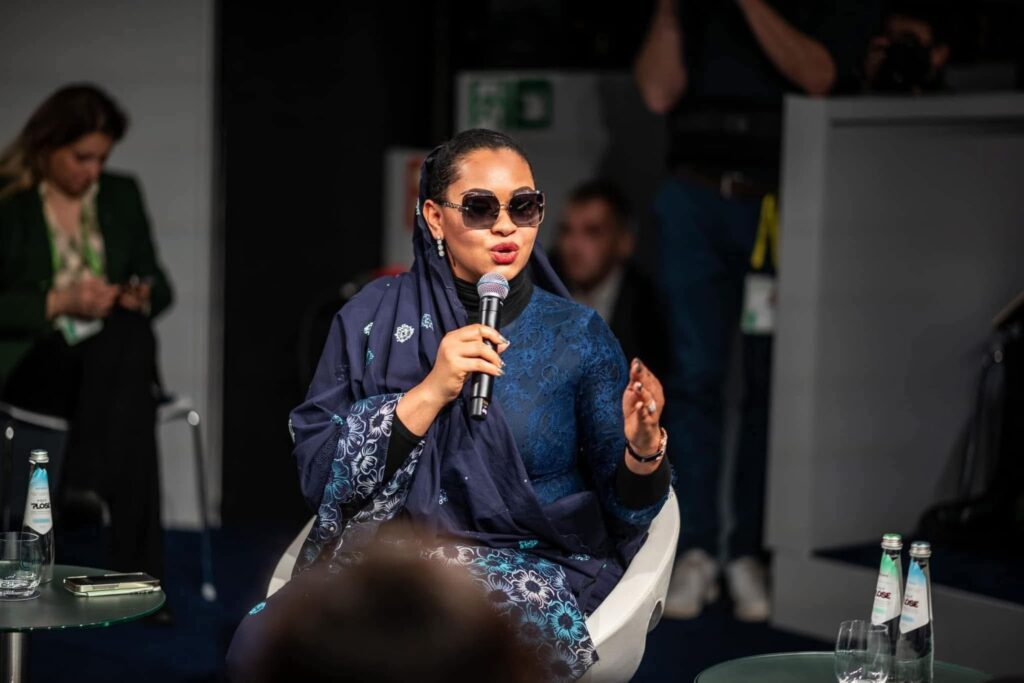
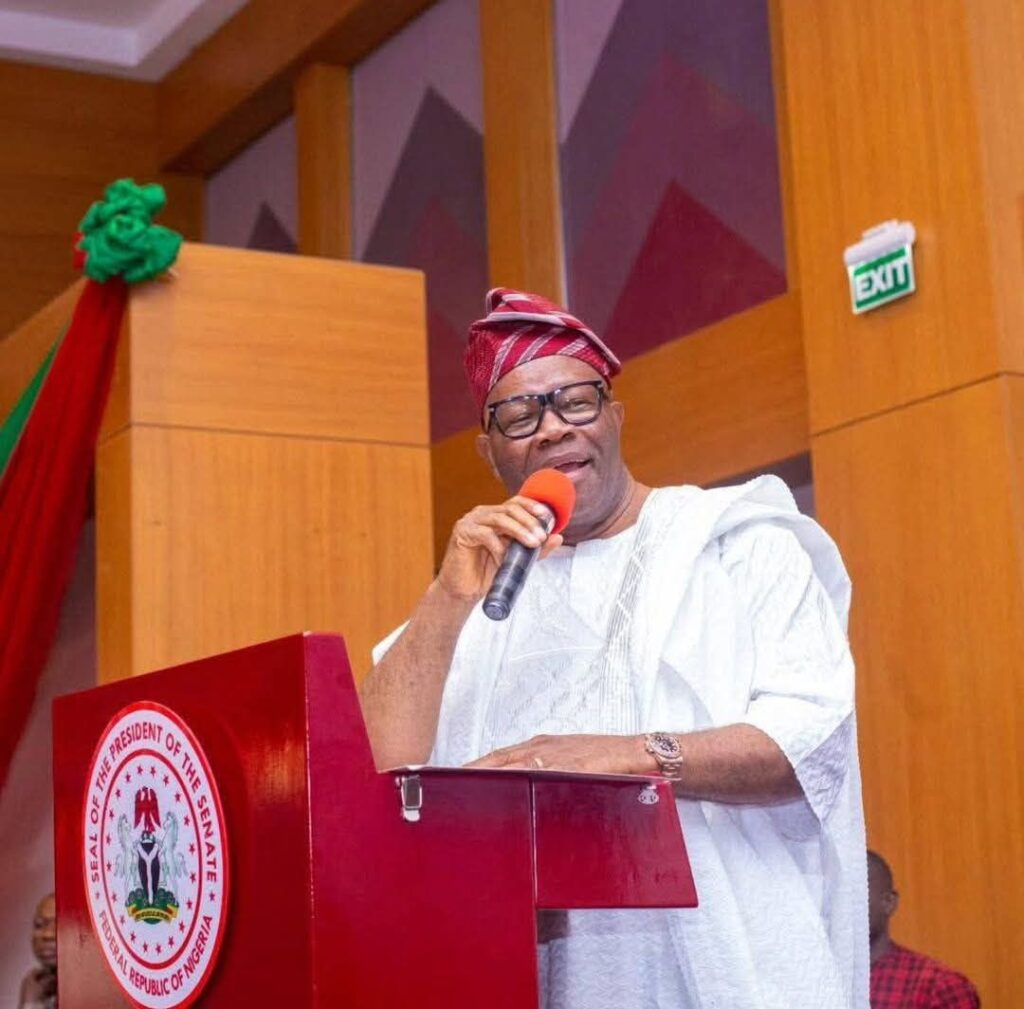
Foreign
Fear of Assassination: Iran’s Supreme Leader Khamenei Picks Three Potential Successors—Excludes Son
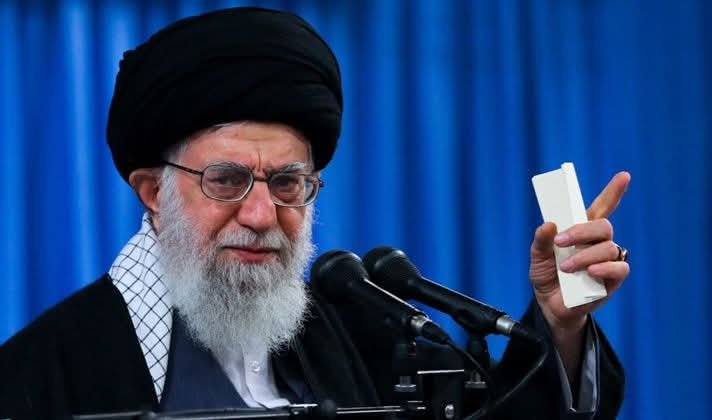
Amid rising tensions and fears of targeted attacks, Iran’s Supreme Leader Ayatollah Ali Khamenei has reportedly named three possible successors, excluding his son, in preparation for a worst-case scenario during the ongoing conflict with Israel.
According to a Saturday report by The New York Times, the 86-year-old leader, who is said to be operating from a secure underground bunker, privately selected three senior clerics to take over leadership if he is killed. The decision follows a wave of high-profile assassinations allegedly carried out by Israeli forces, which has heightened concerns at the highest levels of Iran’s leadership.
Crucially, Khamenei’s son, Mojtaba—who has long been rumored to be his heir apparent—was not included among the chosen candidates. This marks a significant departure from previous speculation suggesting a dynastic transition was in the works. The Jerusalem Post also confirmed the report, adding that Khamenei has made additional contingency plans by appointing replacements within Iran’s military hierarchy in anticipation of further Israeli attacks.
Traditionally, Iran’s Supreme Leader is selected by the Assembly of Experts, a powerful clerical body of 88 members. However, Khamenei’s move suggests he may be attempting to influence the succession process in advance, seeking to ensure ideological continuity and maintain regime stability amid external threats.
Experts believe the choice of three clerics rather than a single successor points to internal disagreements and the urgent need for contingency planning as the situation escalates. While the identities of the chosen individuals remain undisclosed, sources say they are trusted hardliners closely aligned with Khamenei’s vision.
Regional Impact and Rising Concerns
The reported development comes at a volatile time in the Middle East, with recent Israeli strikes targeting senior Iranian and Hezbollah figures. Analysts warn that any sign of instability in Iran’s leadership could further destabilize the region.
“This is not just theoretical succession planning — it’s being done under the very real threat of attack,” a regional intelligence source told The New York Times. “The regime clearly views the risk of a leadership vacuum as imminent.”
Khamenei’s decision underscores the high level of concern within Tehran’s leadership circle as it braces for potential escalations and prepares for scenarios that were once considered unlikely.
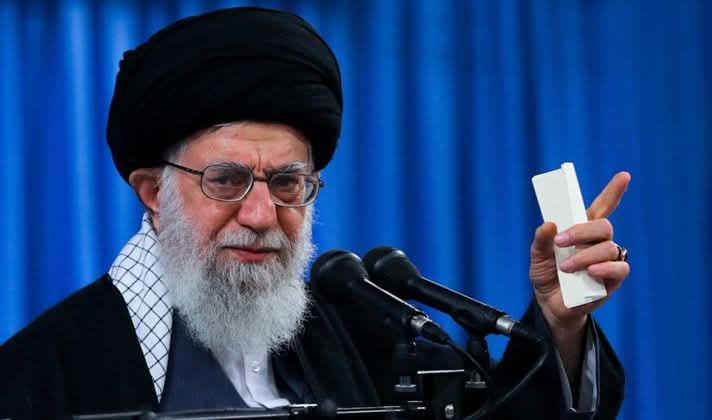
-

 News1 year ago
News1 year agoHardship: We Plan To Establish A National Commodity Board To Crash Food Prices – VP Shettima
-
News7 years ago
Blog Reader; Samson Osagiede Celebrates Fiancè Benedicta Daniels’s Birthday With Sweet Words
-
Home9 years ago
News Channel claims Donald Trump is an orphan from Pakistan,share alleged childhood photo
-
Home9 years ago
Another $175m Found in Patience Jonathan’s wife’s firm’s Bank Account
-
Home9 years ago
Oil Spillage: House of Reps Member Shares Photos of the Water her Constituents Drink .
-
Home9 years ago
Zara Buhari & Ahmed Indimi’s Wedding Access Card
-
News7 years ago
The Best Video You’ve Seen Today?
-

 Sport7 years ago
Sport7 years agoModric, Marta Wins 2018 FIFA Best Player Of The Year Awards ⚽️
